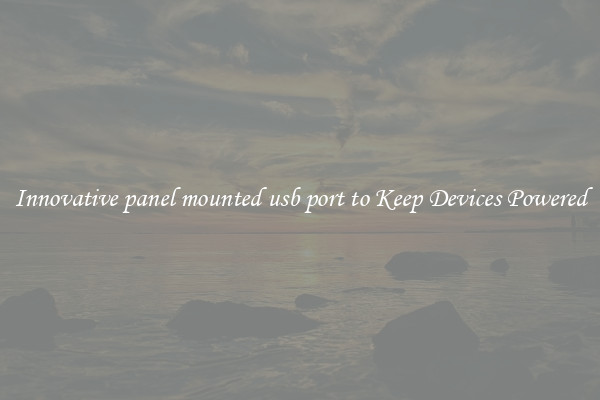port school, port school Suppliers and Manufacturers
Port schools are specialized educational institutions that provide comprehensive training for individuals interested in pursuing a career in the maritime industry. These schools are considered essential for developing skilled professionals who can contribute to the operations and management of ports and harbors around the world. In order to function optimally, port schools rely on a wide array of suppliers and manufacturers who provide the necessary equipment, materials, and resources.

One of the key components of a port school is its practical training facilities. These facilities are designed to simulate real-life scenarios that students may encounter while working in a port environment. Therefore, the equipment used in these facilities must be of high quality and accuracy. Port school suppliers play a vital role in ensuring that these training facilities are equipped with state-of-the-art simulators, models, and machinery.
For example, suppliers provide navigation and communication simulators that allow students to learn how to effectively operate and navigate vessels in various weather conditions. These simulators replicate real-life situations and provide invaluable experience that can be applied during actual port operations. Port school suppliers also provide cargo handling simulators, enabling students to understand the intricate processes involved in the loading and unloading of different types of cargo. Such simulators help students build skills in managing cargo operations efficiently and safely.
In addition to simulators, port schools require various materials and resources that facilitate hands-on learning. Manufacturers play a crucial role in supplying items such as ropes, pulleys, winches, and other tools essential for teaching practical skills related to port operations. These manufacturers ensure that the materials meet the industry standards and are safe for students to use under proper guidance.
Furthermore, port school suppliers and manufacturers offer specialized training programs and certifications that help students enhance their skills and increase their employability. These programs may include courses on port security, maritime law, vessel maintenance, and environmental management, among others. By partnering with experts in the field, these suppliers and manufacturers contribute to the comprehensive education and training provided by port schools.
Overall, the success of a port school hinges on the support and collaboration with suppliers and manufacturers. Their commitment to delivering high-quality equipment, materials, and resources ensures that students receive the best possible training, enabling them to become competent professionals in the maritime industry. As the demand for skilled individuals in the port sector continues to grow, the relationship between port schools and their suppliers and manufacturers becomes increasingly important in shaping the future of the industry.

View details

View details

View details

View details








